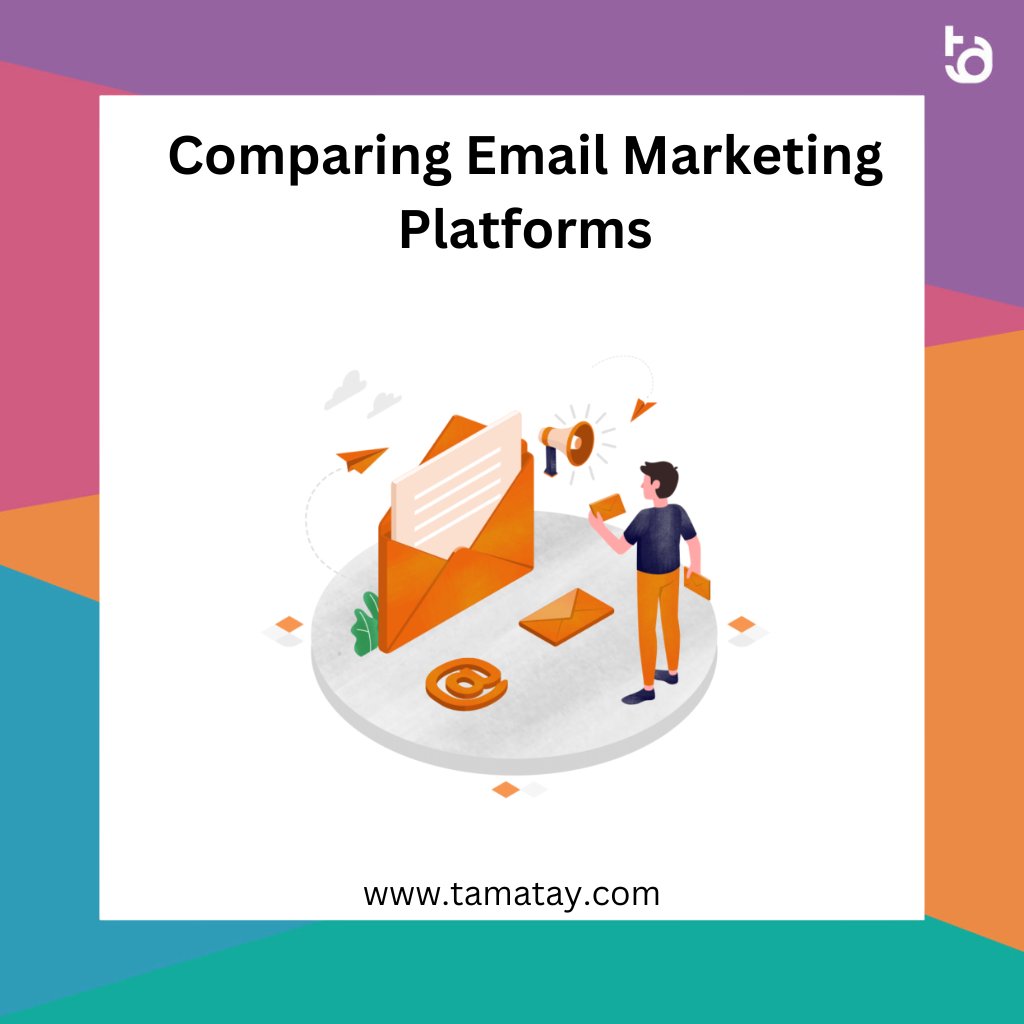Email marketing is one of the most powerful digital tools available. It is a great way to reach out to existing customers, as well as engage potential ones. With so many different email marketing platforms to choose from, it can be difficult to decide which one to invest in. In this article, we’ll compare 11 of the top email marketing platforms to determine which one is right for you.
1. Mailchimp
Mailchimp is one of the most popular email marketing platforms, and for good reason. It has a user-friendly interface that is easy to set up and navigate. There are a variety of features available, including an autoresponder, automated email sequences, and customizable templates. The biggest downside to Mailchimp is that it has limited features for advanced users.
Pros
– User-friendly Interface
– Autoresponder
– Automated Email Sequences
– Customizable Templates
Cons
– Limited Features for Advanced Users
2. Constant Contact
Constant Contact is a popular email marketing platform for small businesses. It has an easy-to-use drag-and-drop builder, as well as automated tools and templates to help you create high-quality emails. It also integrates with popular CRM and ecommerce platforms such as Salesforce, Shopify, and WooCommerce.
Pros
– Easy-to-use Drag-and-Drop Builder
– Automated Tools and Templates
– Integrates with Popular Platforms
Cons
– Limited Advanced Features
3. AWeber
AWeber is an email marketing platform designed for businesses of all sizes. It has a wide range of features, such as an autoresponder, automated triggers, and analytics to measure the success of campaigns. It also provides a wide range of integrations, such as PayPal and Ecommerce platforms.
Pros
– Autoresponder
– Automated Triggers
– Analytics
– Wide Range of Integrations
Cons
– Learning Curve for Beginners
4. ConvertKit
ConvertKit is a popular email marketing platform for bloggers and content creators. It is focused on helping you grow your email list and engage your readers. It has features such as automation, tagging and segmentation, and visual automation. It also integrates with popular WordPress plugins and themes.
Pros
– Focus on Growing Email List
– Automation
– Tagging and Segmentation
– Visual Automation
– Integrates with WordPress Plugins and Themes
Cons
– Limited Support for Advanced Users
5. GetResponse
GetResponse is an all-in-one email marketing platform designed for business of any size. It has a wide range of features, such as autoresponders, automated campaigns, analytics, and third-party integrations. It also has a drag-and-drop email builder and a sophisticated contact management system.
Pros
– Autoresponders
– Automated Campaigns
– Analytics
– Third-Party Integrations
– Drag-and-Drop Email Builder
– Sophisticated Contact Management System
Cons
– Limited Capabilities for Advanced Users
6. Campaign Monitor
Campaign Monitor is an easy-to-use email marketing platform for businesses of any size. It has features such as automation, segmentation, and analytics. It also has an intuitive drag-and-drop editor and a wide range of templates.
Pros
– Automation
– Segmentation
– Analytics
– Intuitive Drag-and-Drop Editor
– Wide Range of Templates
Cons
– Limited Personalization Options
7. Drip
Drip is an email marketing platform designed for ecommerce businesses. It has powerful features such as automated campaigns, personalization, and segmentation. It also integrates with popular ecommerce platforms such as Shopify, WooCommerce, and Magento.
Pros
– Automated Campaigns
– Personalization
– Segmentation
– Integrates with Popular Platforms
Cons
– Limited Support for Advanced Users
8. Sendinblue
Sendinblue is an email marketing platform designed for small businesses. It has a drag-and-drop email builder, automation, segmentation, and analytics. It also integrates with popular CRM, ecommerce, and payment processing platforms.
Pros
– Drag-and-Drop Email Builder
– Automation
– Segmentation
– Analytics
– Integrates with Popular Platforms
Cons
– Limited Support for Advanced Email Designers
9. ActiveCampaign
ActiveCampaign is an email marketing platform designed for growing small businesses. It has a wide range of features, including automation, segmentation, and analytics. It also has a sophisticated contact management system and a powerful automation engine.
Pros
– Automation
– Segmentation
– Analytics
– Sophisticated Contact Management System
– Powerful Automation Engine
Cons
– Learning Curve for Beginners
10. Klaviyo
Klaviyo is an email marketing platform designed for ecommerce businesses. It has powerful features such as segmentation, analytics, and automated campaigns. It also integrates with popular ecommerce platforms such as Shopify, WooCommerce, and Magento.
Pros
– Segmentation
– Analytics
– Automated Campaigns
– Integrates with Popular Platforms
Cons
– Limited Support for Advanced Email Designers
11. Omnisend
Omnisend is an email marketing platform designed for ecommerce businesses. It has a wide range of features, such as automation, segmentation, analytics, and tracking. It also integrates with popular ecommerce platforms, such as Shopify and WooCommerce.
Pros
– Automation
– Segmentation
– Analytics
– Tracking
– Integrates with Popular Platforms
Cons
– Limited Support for Advanced Users
Conclusion
Choosing the right email marketing platform can make all the difference when it comes to the success of your digital marketing strategies. Each platform has its own unique features and benefits, so it’s important to consider your needs and compare the different options before making a decision. We hope this article has helped you determine which email marketing platform is the best for you.







